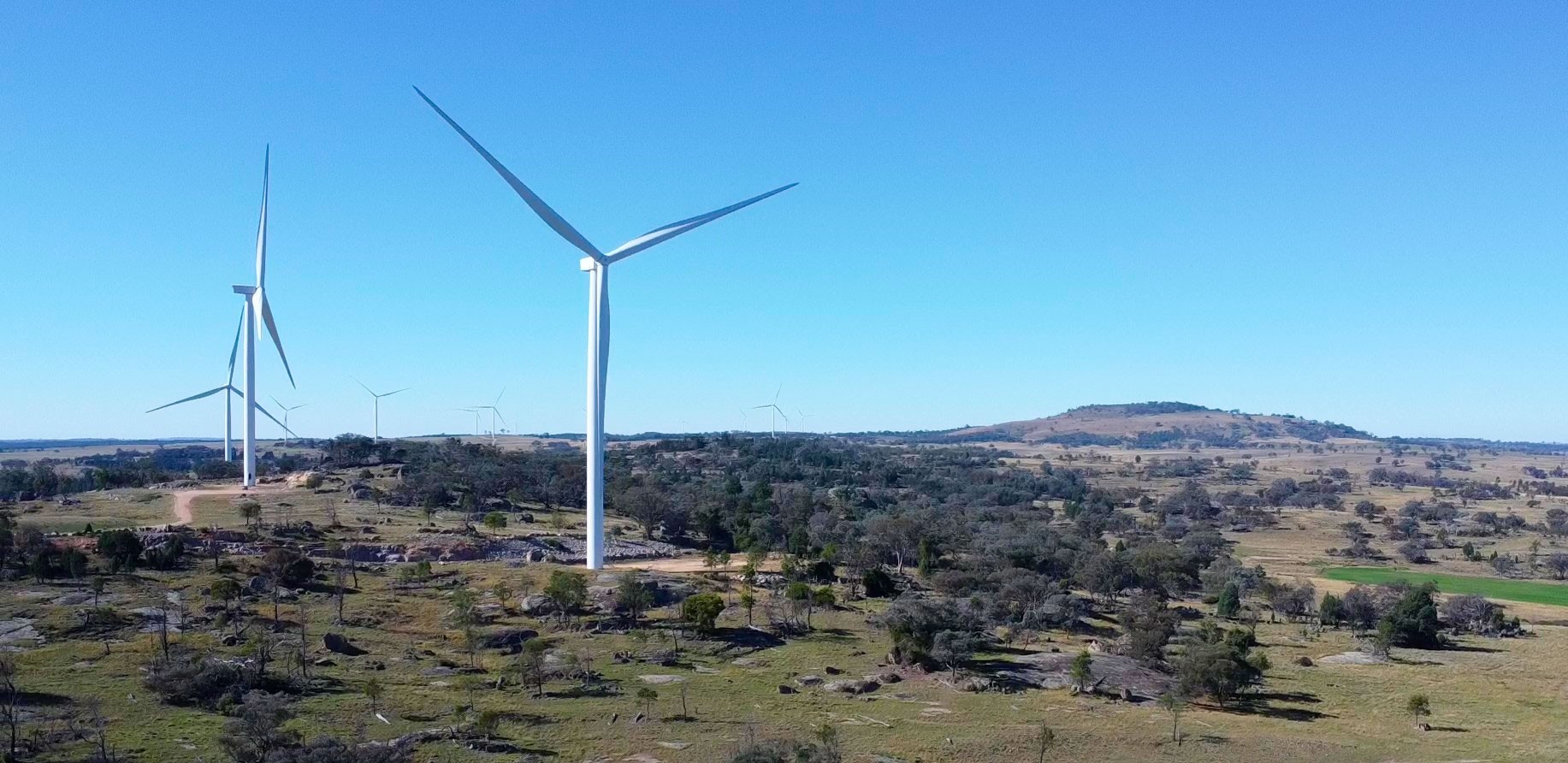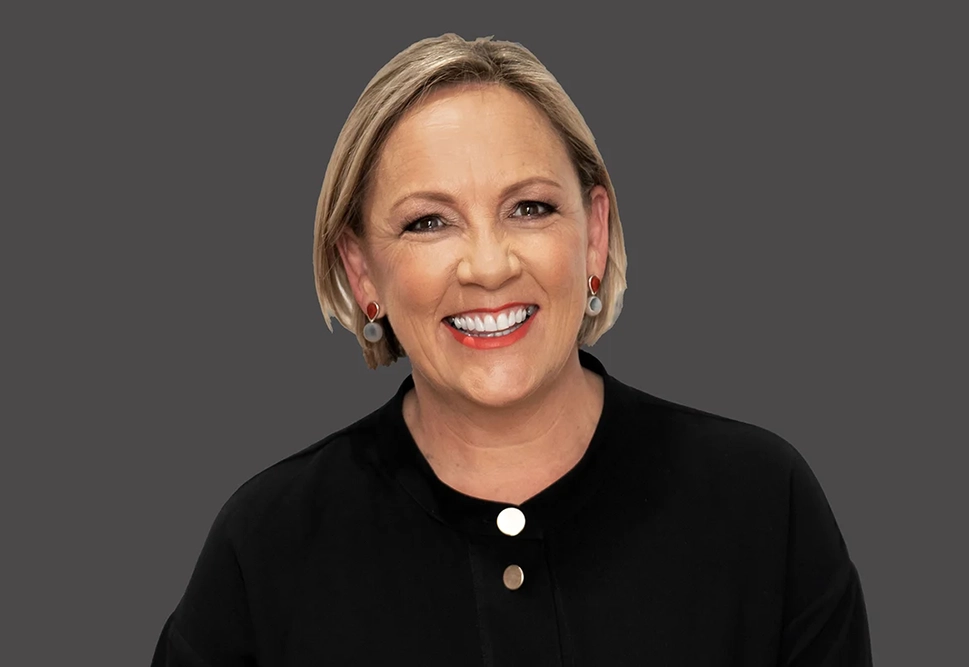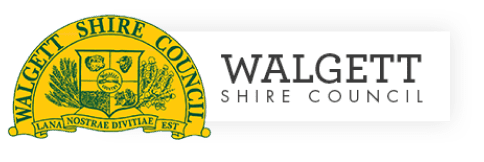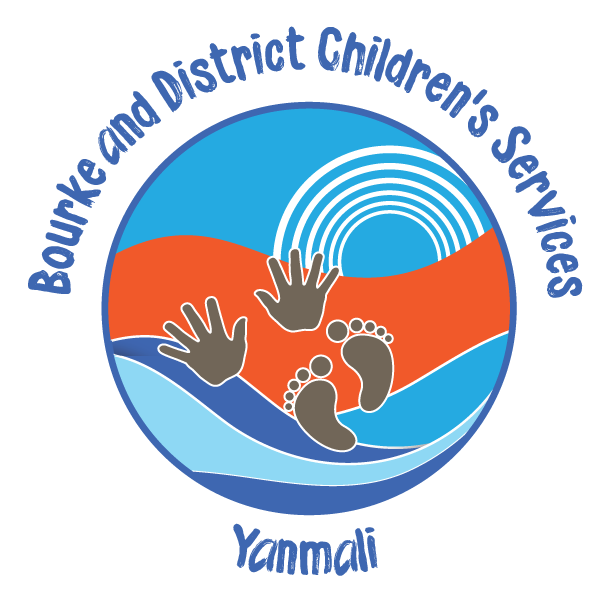From clean energy conflict to collaboration
Kristin Murdock
31 August 2025, 7:40 AM

A new initiative launched this week is being touted as a potential significant change for regional communities grappling with what some have described as the “reckless” rollout of renewable energy projects across the Central West Renewable Energy Zone (REZ).
Regional Development Australia (RDA) Orana has partnered with The Energy Charter to launch the Regional Energy Collaboration Framework, designed to reset the way energy companies and local communities work together during the clean energy transition.
The framework, co-developed with regional representatives and energy businesses, aims to address mounting concerns from landholders and residents about fragmented consultation and limited tangible benefits flowing from the wave of large-scale solar, wind and transmission projects sweeping through the Central West.
RDA Orana CEO Justine Campbell said the initiative is about moving beyond “tick-a-box” engagement and creating long-term benefits for host regions.
“RDA Orana is thrilled to partner with The Energy Charter in launching the Regional Energy Collaboration Framework," Ms Campbell said.
"This initiative is a game-changer for regional Australia, providing a clear pathway for energy organisations and communities to work together to achieve shared goals.
"By fostering collaboration and transparency, we can ensure the clean energy transition delivers lasting benefits for our region."
Communities across the Central West REZ have been critical of what they see as a chaotic and top-down approach to renewable energy development.
Residents in Dubbo, Wellington and surrounding districts have raised concerns over poor consultation, land use conflicts and the pace of approvals.

RDA Orana CEO, Justine Campbell said the Regional Energy Collaboration Framework will address current frustrations with the rapid rollout of renewable energy projects in the west.
Ms Campbell said the new framework was designed specifically to address those frustrations.
“With not just the Orana region, but the entire country embarking on an unprecedented scale of renewable energy projects, regional communities are experiencing significant impacts,” she said.
“The Framework addresses consultation fatigue and fragmented engagement by creating a unified process that fosters trust, reduces risks and delivers better outcomes for all stakeholders.”
Key features include placing community priorities at the centre of energy planning, requiring companies to work collectively rather than in silos, and embedding transparency through measurable commitments and public reporting.
RDA Orana will facilitate workshops across the region, co-designing agreements with local leaders and ensuring First Nations voices are represented.
From promises to practice
CEO of The Energy Charter, Sabiene Heindl, said the framework was about turning rhetoric into real change.
“Regional Australia is asking for a different way of working - one built on trust, co-design and delivery you can see,” Ms Heindl said.
“The Regional Energy Collaboration Framework turns that intent into practice: measurable commitments, transparent tracking and real partnerships led by local voices.
"With RDA Orana, we’re focused on ensuring communities hosting the transition are tangibly better off through local jobs, liveability and lasting regional benefits.”
For residents, the proof will be in whether renewable projects deliver more than construction disruption and landscape change.
Local workforce development, new infrastructure, and reinvestment in regional services are among the outcomes communities say they expect to see.
To back the framework’s rollout, RDA Orana will also host The Energy Charter’s National Landholder + Community Engagement Training at The Exchange Orana in October.
The three-day program will bring together landholders, engagement experts and industry representatives to share strategies for building trust in energy project development.
Ms Campbell said the training would be a practical step in embedding the collaborative principles.
“This isn’t just another guideline or consultation process, but an opportunity for businesses and communities to work together to deliver more effective, long-term benefits through the pathway of the energy transition,” she said.
A test for the Central West
Whether the framework will satisfy communities already wary of the rapid pace of renewable energy expansion remains to be seen.
Critics argue that despite numerous promises, many projects have delivered few visible benefits locally, leaving residents to shoulder the impacts while profits flow elsewhere.
The Energy Charter and RDA Orana are hoping their approach, which is grounded in co-design, accountability and long-term partnerships, can shift that narrative.
If successful, the framework could become a model for other Renewable Energy Zones across NSW and the country.
For now, communities in the Central West will be watching closely to see whether the “reckless rollout” of renewables can be replaced with something more sustainable, equitable and inclusive.
NEWS



